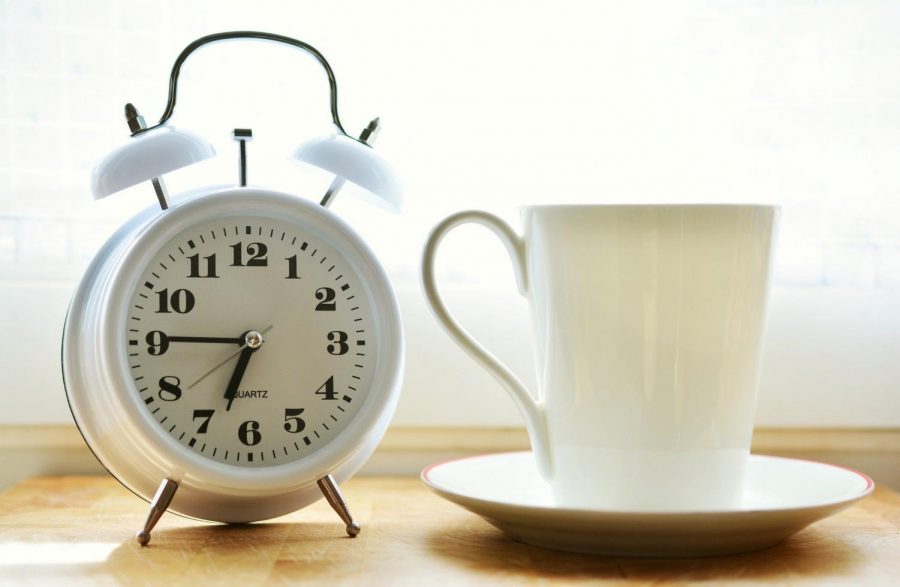The Pros and Cons of Daylight Savings
March 29, 2021
There are many pros and cons to the drastic change in time—Daylight Savings—and The Mirador has compiled a list of some of them.
According to Time and Date, a website that focuses on issues and information regarding time, Daylight Savings Time (DST) is when “clocks are set ahead of standard time during part of the year, usually by one hour. As DST starts, the sun rises and sets later on the clock than the day before.” Therefore, one’s entire schedule and sleeping habits have to be adjusted one hour earlier.
Pros:
The day gets longer.
- As opposed to it becoming dark at 6:00 pm, it gets dark around 7:00 pm, adding an extra hour of daylight. “I like it when it gets dark at nine instead of five…I wake up either weirdly rested or super tired. It’s just a curveball,” junior Tate Newby said.
Increase in safety.
- With the day getting darker at a slower rate, safety tends to increase, resulting in fewer robberies and road accidents. According to Time and Date, pedestrian casualties decrease by 13 percent, and robberies reduce by seven percent.
Reduces energy use.
- If the day becomes longer, therefore, you’re less likely to consume artificial light; instead, natural light is utilized more. Natural light has many benefits, such as the consumption of vitamin D, which can prevent heart diseases as well as weight gain.
Cons:
Waking up earlier.
- An immense dislike among many individuals is waking up early. Instead of getting up around 9:00 am, you’re getting up around 8:00 am, which means you need to go to bed one hour earlier if you want the same amount of sleep. “I think that daylight savings are nice in the winter because it makes the sun set an hour later, which allows for more sunlight, but it can be a little annoying when it becomes spring again. I don’t like waking up an hour earlier because it really messes up my sleep schedule,” sophomore Sanjeeta Pannu said.
The time shift can make individuals sick.
- If you think about it, shifting your entire schedule—all of our body habits—is a drastic change; if your body doesn’t get accustomed to the new schedule, side effects such as lack of sleep can lead to traffic accidents, according to Time and Date.
Daylight Savings Time can prompt quick mood changes and mental issues.
- According to Sleep Foundation, a study demonstrated that the standard human being will acquire around 40 minutes less sleep after initially transitioning to DST. “In addition to sleep loss, people are at greater risk of mood disturbance, suicide, and being involved in traffic accidents during both bi-annual transition periods,” the Sleep Foundation said.








